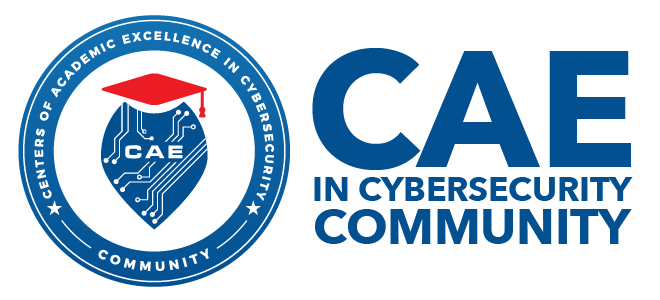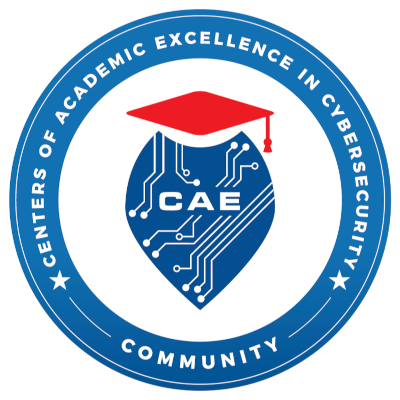Impact of Generative Artificial Intelligence on Cybersecurity Education
The latest advancements in generative AI have created both beneficial and harmful opportunities. Novice attackers can now quickly develop multiple variations of malware to evade anti-malware detection tools and can even use advanced technology like ChatGPT to create harmful programs from scratch. Generative AI tools can easily produce human-like content, such as speech and text, to create phishing emails and social engineering attacks.

